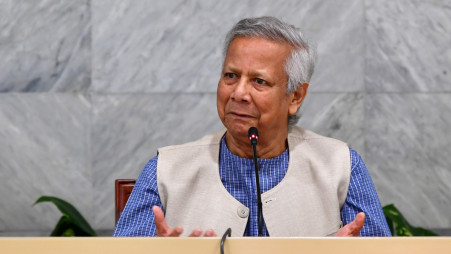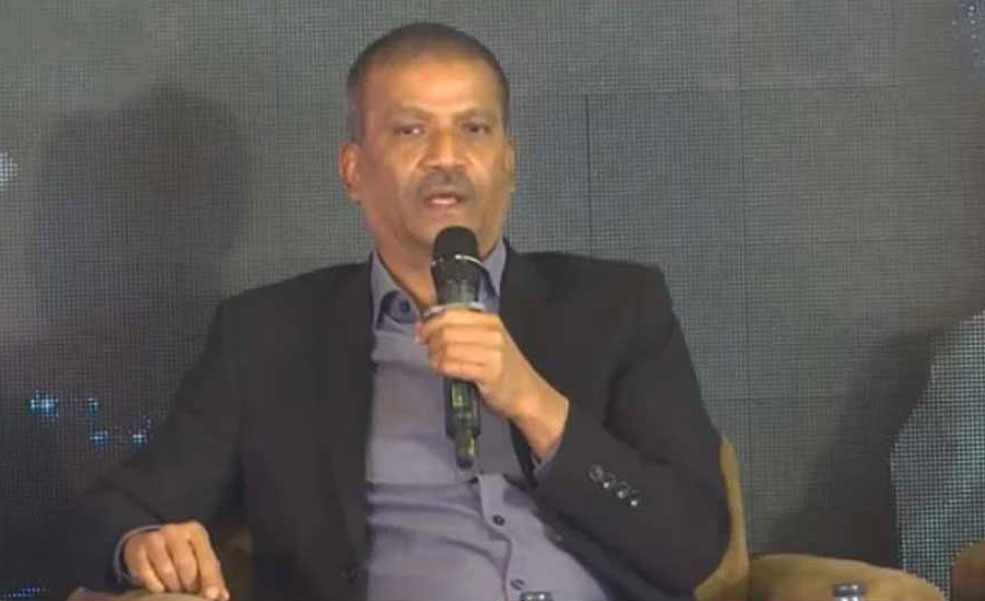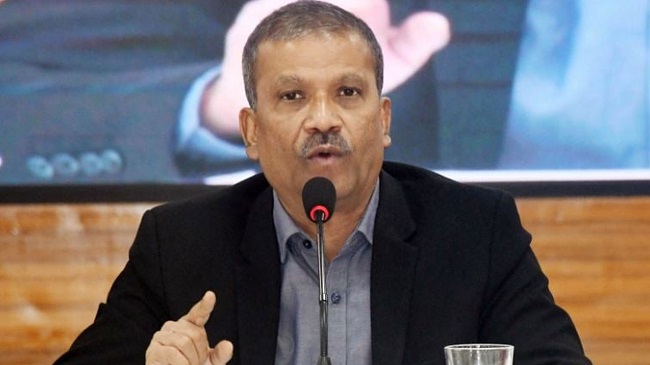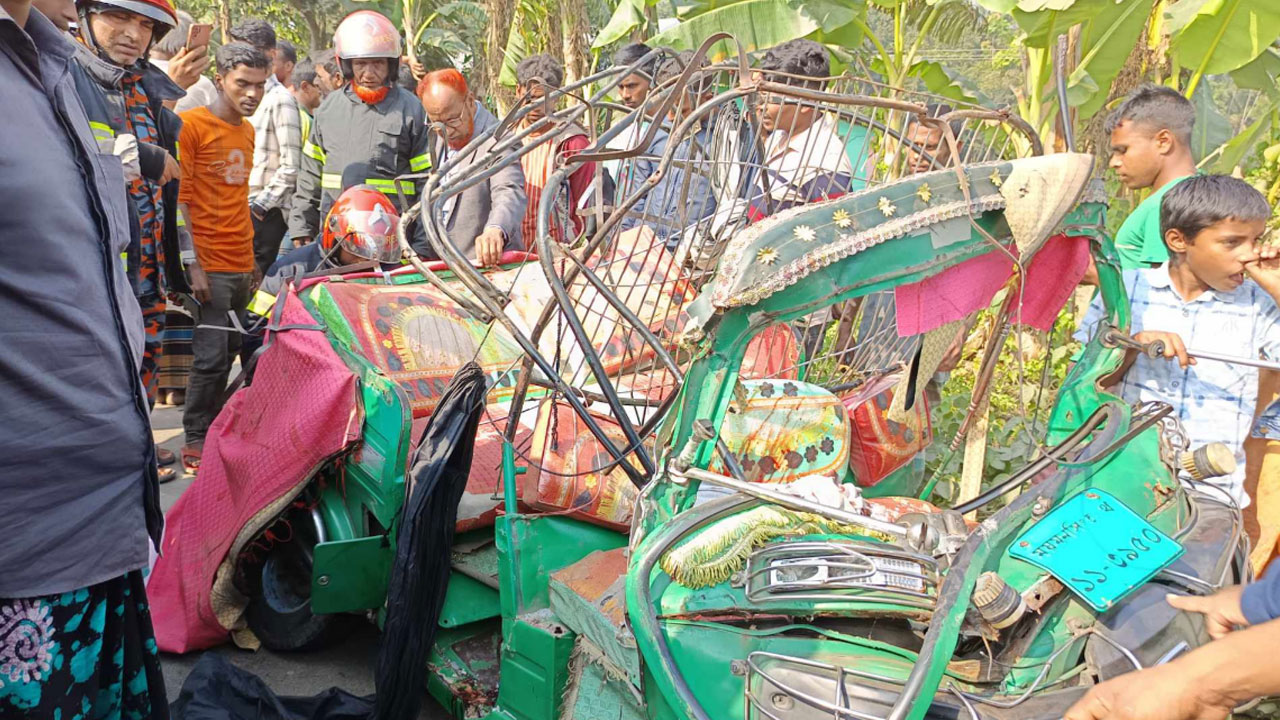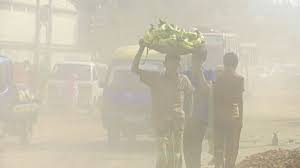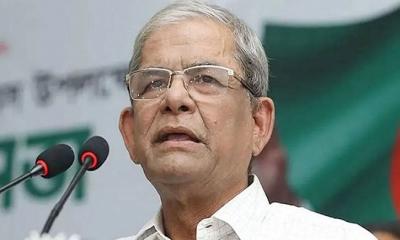THE politics of the quest for a state and politics after its establishment are two different journeys. In one, Sheikh Mujib was the most dramatic hero and successful against all odds while in the second phase, he was a manager of the newly founded state and, in the end, killed by the politics it harboured, a combo of conflicts within the ruling class.
The tragedy or horror of his death beyond the factual statements is that it was no simple political killing but a massacre in which members of his family also perished. And in many ways, it wounded the state like never before.
He was killed by army officers who had fought in the war of liberation conducted in his name and were decorated for heroism by him.
It was supported by politicians who were his close comrades and, in his absence, were part of the war’s political arm. It was not just a matter of conspiracy but also about how ways of history and politics conspired to reach such a point. If politics birthed and defined him, he was also felled by the same.
Nothing could be more indicative of the critical irony than of being on the same side in a war and then turning killers of the war’s leader.
The men who scythed him down were those who had once saluted him. The distance, history shows, between the fingers that are raised in respect and the act of honouring is only a few inches away from the trigger that slays the one who had just been conveyed the universal symbol of accepting leadership.
Of history and cruelty
BUT history is cruel and instances of the closest protector becoming the assassin are brutally common. It is not only here in Bangladesh that this has happened but elsewhere too. It is just difficult for many who saw the March 7 Dhaka gathering and the procession after his return from Pakistan to reconcile with the fact that this death had happened to the same historic person. But it did and it is this enigma that should make people explore the reasons for it. Why is history often a tragedy living next door to a historical triumph?
But this tragedy of August is not one at a personal and family level only. It is about their collective history to seek a state as well. For example, the original vision of Russia’s November Revolution may well be lost if one looks at the state which Lenin established and the current Russia where socialism no longer exists, or Mao’s China which in its present phase is still an unproven product but no longer tied to the failed command economy model.
However, China’s strength lies in the fact that it has for the first time in history tried to harmonise two different systems, one political and the other economic, to work together. In fact, this challenges conventional western philosophical principles of state management, too, on which both the states were set up initially — socialism. One failed, hence died; and the other is strong but let us wait and observe a little longer before giving a final judgement.
How has the Bangladesh state done?
Bangladesh in 1971–1975
TRACING Bangladesh often begins from 1972, but it actually began on March 26, 1971 when the first phase — the resistance phase — began. The unity, conflicts and contradictions that were sourced in 1971 continued and impacted 1972 and, later on, perhaps till the killing of Zia, just before the Ershad take-over. The common factor was that officers of the Bangladesh army involved in the 1971 war were part of the armed power plays.
Most narratives of the 1971 liberation war often turn a people’s war into an exclusive military’s war and this is not uncommon in history. The valour of the armed kind has always dominated historical narratives. But the Bangladesh war was a very unconventional one, with public participation being part of the war itself. Not only were the public at war, including armed, much higher than that of members of the regular forces but the entire support mechanism was civilian in nature and almost entirely voluntary. Indians were directly involved in every aspect of the war, including making critical military decisions, not just as an ally but co-partners.
Divisions in such an informal war are inevitable. Even within the armed warriors, there was more than one layer. One was the regular niyamita bahini who were official staff of the government of Bangladesh and paid tiny salaries too. Next came the Gana Bahini, or non-regulars who were given a short training and who went back to villages to fight. Among the guerrilla forces, there were freedom fighters trained in India and those who were trained by volunteers inside Bangladesh. Local people also formed militias such as the Kaderia Bahini and others. Many also participated in the war, including armed action, without any training or formal linkage.
Once the war was over, the regulars or the official warriors were incorporated into state service. The plan to incorporate the irregular freedom fighters did not work out and many who had fought simply drifted away considering their work done. Later, some of the identity and ‘political’ and other divisions became sources of conflict, too. They began to form various groups which became well known during November 1975 as the factions fought and killed each other in many cases. The repartee soldiers and the freedom fighter soldiers also became a matter of conflict. These continued to happen most during the Zia regime, ending with his killing.
Within the non-regular freedom fighters, many groups arose and still exist. Thus, if the cause for independence was one, the individuals and groups were not always part of a single entity.
And we have not even discussed the political divisions which were many. These are institutional divides.
Political conflicts in 1971
THE politicians were in conflict during 1971 and even the formation of the Mujibnagar government was itself troubled by more than one claimants. Prime minister Tajuddin Ahmed enjoyed the confidence of the Indian prime minister which was a great help as there was also resistance to his heading the government. One opposing cluster was led by Sheikh Moni who was killed in 1975 August and another by Khandakar Mushtaque Ahmed who took over after August 15, 1975.
Mushtaque was made the foreign minister and he, thus, began to cooperate but smarted under the leadership of Tajuddin Ahmed, who he claimed was his political junior. Later, he made a secret attempt to set up a dialogue stream with Pakistan outside the Mujibnagar government with the help of the United States. This can be called a state-level conspiracy but the Indians came to know of it and he was stopped.
Moni and Sirajul Alam Khan — youth leaders — tried to build their own stream outside Mujibnagar also with Indian help by forming the Mujib Bahini. Thus, the discord and the conflict within Mujibnagar were there from the first. They were rooted in the deeper fissures within the party which only Sheikh Mujib could handle and move forward. In his absence, these divisions grew wider and more hostile. Post 1971, it intensified because, in an independent state, the stakes were much higher. After 1975, these divisions were more or less formalised and many continued to be fundamental to our social-political scenery.
Was the BKSAL an attempt at a solution to internal divisions within the ruling class? Forty-five years after the decision to set up a one-party regime through the merger of several political parties, one should analyse the principles along with the circumstances that produced it. However, people are still more emotional than intellectual.
The decision by the Soviet left to enter the BKSAL and by the post-1975 Peking left to extend full support to the martial law regime after 1975 also needs analysis of the role politics played in the historical context. However, the hostility that may go back to politics even before 1971 and is now influencing our political future is deep-rooted in history and not in a few stray incidents.
Currently, China has become a success without conventional western democracy. It is the most successful anti-poverty regime but has no press freedom and no open social media. As society and states move increasingly towards an economic/post-political society, the contextualisation of historical arguments is needed to discuss the concept of institutions. Did a political structure and economic environment exist that could make the one party regime successful?
There is no doubt that each regime that has come after 1975 to power has spawned new networks, new connections and an economic system that have perpetuated the dominance of the upper segments of society. The impact of the so-called free media cannot be seen in the production of equity and fairness in this society. A more pertinent question would be its role in promoting crony capitalism.
The ruling class impact
THE class factor is, however, in continuity which is where the significance lies. The ruling class has itself undergone several transitions and at this point, the politicians sit at the bottom while the army is at the top with the moneyed class and the bureaucrats sharing the middle. Most analyses tend to state that it is the rich that rules but it is an alliance of the four that does.
While the clout of the upper is clear, the shift of the rural poor to middle poverty and the middle to a more comfortable low prosperity means that rural society has begun to push ahead much more rapidly than the rest and in huge numbers. Thus, even low-level poverty alleviation of a large demography has a higher impact on society than the hyper wealth of a few. With around 40 per cent of the people directly linked to agriculture which is much more mechanised than in its neighbours, including even India, it is a society that is on the move.
Two factors have contributed the most to the rural area economy — remittances and agriculture — while urban growth is largely driven by the apparel sector run with rural labour. These apparel workers are poor but the surplus labour is better off than they would be as agro-wage labourers. All of this is pushing Bangladesh incomes and none are direct products of the post-1975 ruling class political factors.
Increasingly, the economic muscle of rural economy is working independent of political power and urban ruling class mechanisms. Urban systems are useful for money-making where weaker sections of the ruling class have converged but most people, including the rural, do not have links with them. But today’s media are largely their product and serve their cause since only the ‘cronies’ can invest highly. However, social media has begun to rapidly marginalise urban-based pro-media, indicating a new challenge and clout of the non-ruling class over the moneyed upper class.
Society is modelled largely by peasant institutions and modern western institutions favoured by the elite have failed to take off. No political groups are truly functional and social media is more robust than the political space. The main justification of the weaker segments of the upper class, both politics and media, is failing to ensure their happy survival. A contest is on though and right now, the wealth concentration is what draws maximum public attention and hostility.
Mujib and forces of history
ULTIMATELY, the forces that Sheikh Mujibur Rahman made an alliance with from 1938 onwards and who were the main force of the war of 1971 — the peasantry — has done better than the rest of the classes in an unexpected twist of history. The middle class and elite have faded away and several have moved upstairs but as a class, the middle no longer matters. The rich feel better with an address in another country making them an adjunct member of society.
As we observe the death anniversary of Sheikh Muibur Rahman, we should take the opportunity to contemplate on the power of history as it shaped Bangladesh. The force that he had led was based on a class alliance which ultimately has emerged stronger than they ever were in history before. They are stronger as a class than the forces that cut him down.
Much needs to be studied before one can understand better but it is important that we should try to understand them rather than pick up hostile attitudes and rant, instead of discuss and debate. Our self is located in history and that is why the life and death of the state and its leader deserve much more serious attention beyond eulogy and rant.


.jpg)

